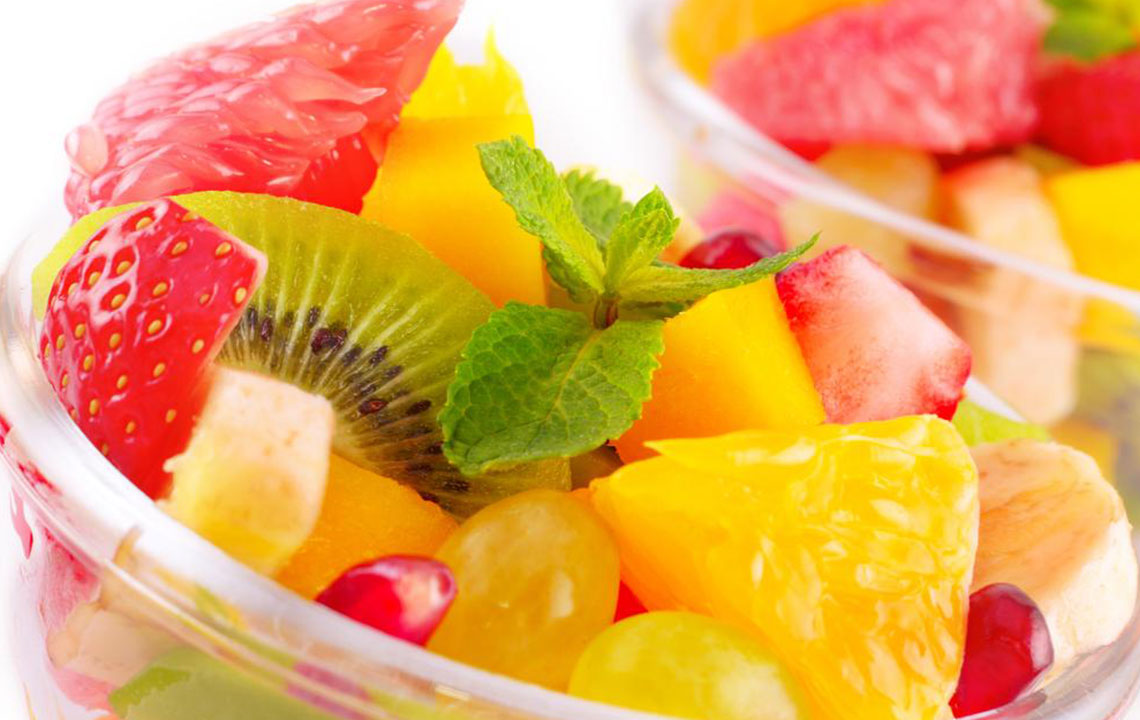Gallbladder Diet Plans That You Should Follow
The gallbladder is a small pear-shaped organ positioned close to the liver. The liver secretes bile, and the function of the gallbladder is to store and concentrate the bile and pass it via the bile ducts into the intestine. That is where it gets mixed with the fats from the foods ingested.
The extra fat and toxins are expelled completing a healthy digestion process.
When the digestive enzyme solidifies in the gallbladder, a small pebble-like substance is formed which is medically termed as ‘gallbladder stone.’ High cholesterol levels, a diet which is high in saturated fats, excess alcohol intake, diabetes, crash dieting, excessive use of antacids and obesity, are some of the causes of gallbladder stones.

Common symptoms include nausea, bloating, burping, indigestion, dizziness, back pain, and gas.
When the stones cannot be dissolved through medication, a surgery has to be performed to remove the gallbladder. It has to be eliminated from your digestive system, and so you need to alter your diet, such that your digestive system is not subject to undue stress. There are various gallbladder diet plans that help you keep gallbladder stones at bay.
The Role of the Diet
The diet you follow plays a vital role not only in the post-surgery phase but also to prevent the recurrence of gallbladder stones.
A diet that comprises of fresh fruits and vegetables, fiber-rich foods coupled with adequate hydration, helps to prevent the formation of gallbladder stones. A balanced diet, low in saturated fats, and moderate in calories is ideal to maintain a healthy body weight, as well as preventing the occurrence of gallbladder stones.
Following are some of the foods that are an essential part of the Gallbladder Diet Plan.
Vegetables: Tomatoes, beet, cucumber, shallots, okra, sweet potato, avocado, carrots, celery, Swiss chard, dandelion greens, tender baby greens, onions, garlic.
Cold water fish and foods like hemp and flaxseed, which are high in omega 3 fatty acids must be included in the diet.
Following a Low Glycemic Diet
Complex carbohydrates have a low glycemic index. The sustained release of sugars from foods rich in complex carbohydrates help in preventing spikes in your blood sugar levels. A low glycemic diet has also proven to be effective in preventing gallstone attacks. Legumes and fruits are some of the foods that have a low in glycemic index.
Reduce Intake of Animal Protein
Meat is a source of animal protein. Compared to plant protein that is contained in seeds and nuts, animal protein scores high in fat content as well.
Digesting protein is a tad tough on the digestive system due to the complex molecules present in them. Cutting down on animal protein with a proportionate increase in plant protein is a good move in preventing gallbladder stone formation.
Limit Your Calorie Intake
A cut in the overall calorie intake helps to prevent gallbladder stone formation. Lowered calorie intake, also stops you from being overweight/obese. Obesity increases the risk of gallstone formation by six folds. The cut in calorie intake should be phased and not drastic. Drastic calorie cuts, like crash dieting, can hinder the release of bile, leading to insoluble gallstones that form cholesterol.
A Fiber Rich Diet
A diet that is rich in fiber helps to stop the formation of gallbladder stones. Include fruits, vegetables, whole grains and legumes in your diet.
If you consume a low amount of fiber foods, increase the fiber levels gradually as your body will not be capable of digesting the fiber overload. Bloating and gas can cause added discomfort. Also, drink lots of water to ensure that you’re not constipated.
Increase the Intake of Magnesium
Including magnesium-rich foods in the diet has proven to reduce the occurrence of gallbladder stones. Magnesium helps to maintain the good cholesterol levels and lower the levels of plasma triglycerides. Dark leafy greens, nuts and seeds, fish, soybean, avocado, yogurt, bananas and dark chocolates are some foods that are high in magnesium content. Include these foods in your daily diet and steer clear off gallbladder stones.
If you suffer from gallbladder stones or have undergone a gallbladder removal surgery, paying special attention to your diet can avoid complications. Foods like milk products, gluten, fried foods, refined foods, red meat, pork, spicy foods, alcohol, black tea, carbonated beverages, packaged and canned foods, artificial sweeteners must be excluded from the diet, as these foods can aggravate the symptoms.

